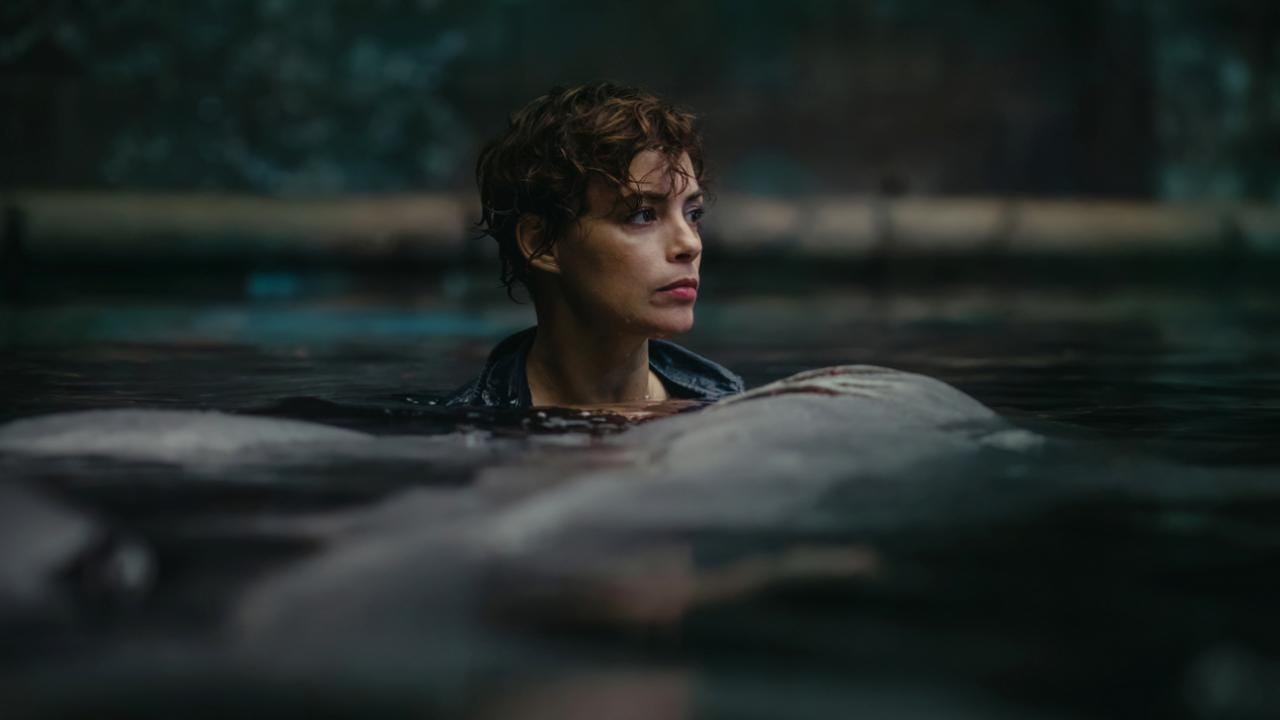What maniac jumbo sharks can teach us about climate change
Recognize reality and adapt—or get eaten.
This article contains spoilers for the movie Under Paris.
As thousands of athletes compete for a shot at the 2024 Paris Olympics this week, a new wildly popular Netflix movie is shining a light on the event’s struggles with climate change and pollution—albeit in the most absurd,…



